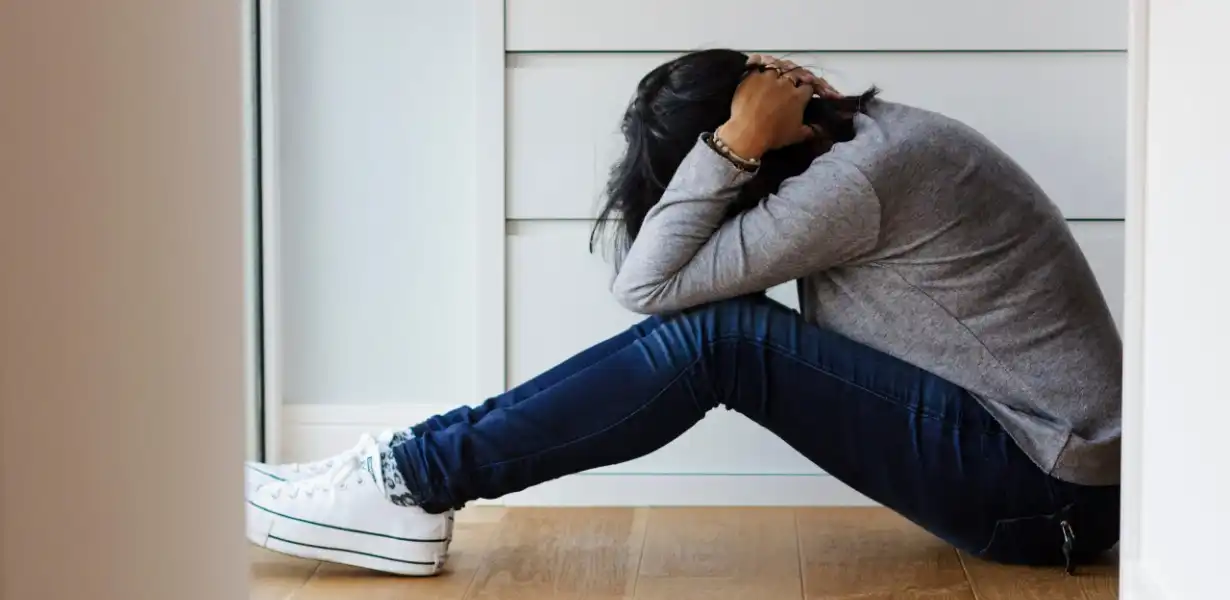
Welcome to a profound exploration of anxiety, a complex emotion that intertwines with our mental health. Beyond its transient nature, anxiety can weave a web of challenges. In this comprehensive blog, we’ll illuminate the facets of anxiety, decode its relationship with mental health, and empower you with strategies to enhance your well-being.
Understanding Anxiety and Mental Health
Anxiety, an integral part of the human experience, manifests in various forms, such as generalized anxiety disorder (GAD) and social anxiety disorder. Its intertwining with mental health is undeniable, with anxiety often acting as a precursor or outcome of mental health concerns. Researchers from the National Institute of Mental Health underline the intricate connection, emphasizing the need for holistic approaches to mental wellness.
The Interplay: Anxiety and Mental Health Tattoo Ideas
Beyond its challenges, anxiety can be harnessed creatively. Mental health tattoo ideas serve as symbolic reminders of personal battles and triumphs. Integrating art with therapeutic significance, these tattoos can aid in destigmatizing mental health discussions. Influential tattoo artists like XYZ have championed this movement, encouraging individuals to embrace their struggles artistically.
Unraveling the Layers of Anxiety
To grasp anxiety’s impact, we must delve into its layers. Neuroscientific studies by Harvard University expose the brain’s intricate mechanisms during anxious states, shedding light on the physiological roots of this emotion. Such insights enable tailored coping strategies and therapeutic interventions.
Navigating Anxiety: Strategies for Mental Well-being
Crafting a toolbox of coping strategies is essential. Cognitive-behavioral therapy (CBT), validated by American Psychological Association, empowers individuals to reframe thought patterns. Mindfulness, championed by institutions like Mindful Awareness Research Center, complements CBT by fostering present-moment awareness.
Anxiety and Social Dynamics: Breaking the Silence
Social anxiety can cast a shadow on social dynamics, limiting opportunities for genuine connection. Pioneering psychologists like Dr. Emily Smith advocate for open conversations to destigmatize this experience. Peer support communities, both offline and online, offer safe spaces for sharing and healing.
Anxiety’s Impact on Decision-making
Anxiety’s influence extends to decision-making processes. Research from Stanford University highlights the impact of anxiety on risk assessment and choices. Strategies like visualization and systematic decision analysis, as endorsed by Decision Education Foundation, can mitigate anxiety’s interference.
The Role of Nutrition and Lifestyle
Nutrition plays a pivotal role in mental well-being. Studies by Nutritional Neuroscience demonstrate the link between gut health and anxiety. Incorporating probiotic-rich foods and practicing balanced nutrition can foster a resilient mind. Additionally, an active lifestyle, according to World Journal of Psychiatry, boosts endorphins and counters anxiety.
Breaking the Stigma: Conversations on Anxiety
Society’s perceptions influence the experience of anxiety. Initiatives like Time to Change advocate for dismantling the stigma surrounding mental health. By fostering empathy, education, and acceptance, we can cultivate an environment conducive to healing.
Final Words
Amidst the intricacies of anxiety, remember that seeking help is an act of strength, not weakness. By understanding its intricacies, embracing holistic approaches, and engaging in open dialogues, we can foster mental well-being and thrive despite the challenges.
Commonly Asked Questions: Insights and Solutions
Q1. Can anxiety be completely cured?
While complete eradication might be challenging, managing anxiety is possible through therapeutic strategies, lifestyle adjustments, and support networks. Embrace progress over perfection.
Q2. Are there natural remedies for anxiety?
Indeed, practices like yoga, meditation, and herbal supplements show promise in alleviating anxiety. Consultation with healthcare professionals ensures personalized guidance.
Q3. How can I support a loved one with anxiety?
Empathy, active listening, and creating a non-judgmental space are crucial. Encourage them to seek professional help and offer your unwavering support.
Q4. Can lifestyle changes impact anxiety?
Absolutely. Prioritize quality sleep, balanced nutrition, regular exercise, and stress reduction techniques. These positive shifts can contribute to managing anxiety.
Q5. When should I seek professional help for anxiety?
If anxiety hinders daily functioning, disrupts relationships, or causes severe distress, consulting a mental health professional is advisable. Timely intervention can lead to effective management.




